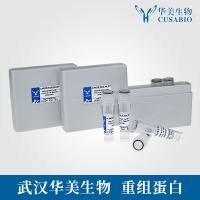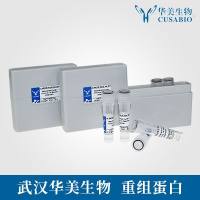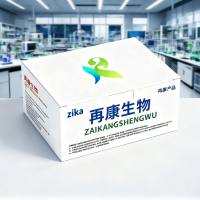Genetic Immunization for Allergy Immunotherapy
互联网
互联网
相关产品推荐

Milr1/Milr1蛋白/Allergy inhibitory receptor 1 Mast cell antigen 32 Short name: MCA-32 Short name: Mast cell Ag-32 Mast cell immunoglobulin-like receptor 1 Gm885, Mca32蛋白/Recombinant Mouse Allergin-1 (Milr1), partial重组蛋白
¥69

Recombinant-Saccharomyces-cerevisiae-Altered-inheritance-of-mitochondria-protein-11AIM11Altered inheritance of mitochondria protein 11 Alternative name(s): Genetic interactor of prohibitins 8
¥9996

Single Donor Human Peanut Allergy Saliva
$195

过敏和哮喘PCR芯片Allergy & Asthma PCR Array
询价

Allergy & Asthma PCR Array 过敏和哮喘基因表达PCR芯片
询价

